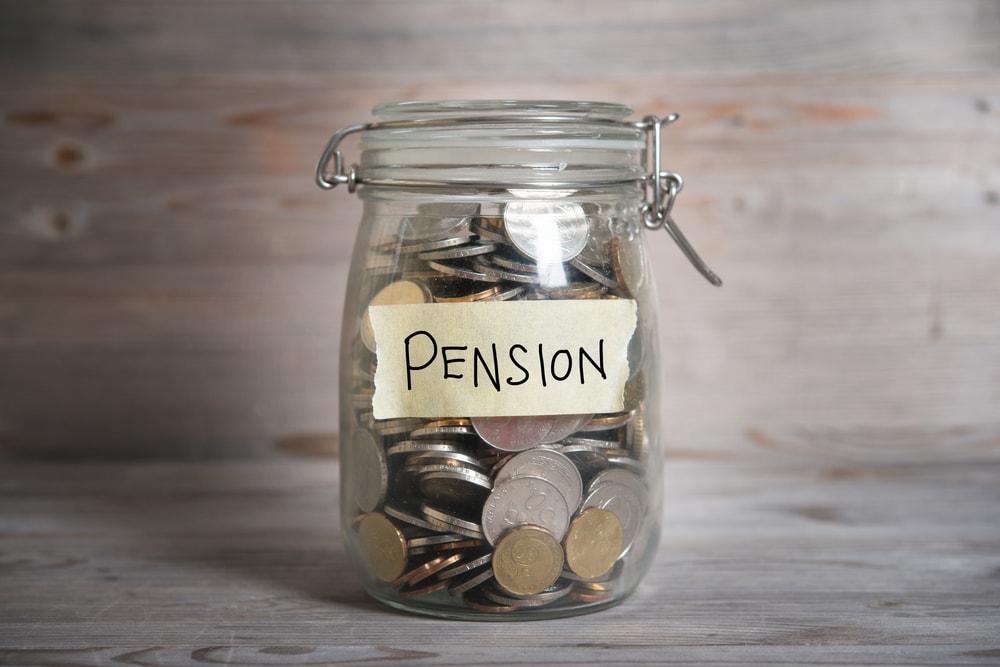Testimony to Texas House Energy Resources Committee
Chairman, members, my name is Josiah Neeley and I am the Texas director of the R Street Institute. R Street is a non-profit, free-market think tank headquartered in Washington, D.C., though I am based out of Texas. I’m here today to speak in favor of this necessary legislation.
H.B. 40 and S.B. 1165 clarify that the state has exclusive jurisdiction over certain types of oil and gas regulation, and pre-empts local ordinances that seek to prohibit oil and gas production. The bill allows local regulation of “quality of life” issues related to production, such as noise, traffic, and odors, so long as these are reasonable and do not amount to an effective ban.
The main impetus behind this bill was the recently passed ban on hydraulic fracturing in Denton, Texas. Unfortunately, there has been a lot of misinformation put out on this issue by opponents of fracking. The reality is that fracking has never been found to contaminate groundwater. This is the conclusion not only of academic studies by MIT, but also of government officials from the Environmental Protection Agency, the Department of Energy, the U.S. Geological Survey and others.
In fact, the fracking revolution has had substantial environmental benefits, both for Texas and for the nation as a whole. Levels of carbon emissions in the United States are at a 20-year low, and one of the main reasons for that is fracking. Low-priced natural gas has displaced coal as a source of electricity, and since carbon emissions related to natural gas are only around half of those of coal for a given amount of energy produced, the result has been a substantial decline in carbon emissions. Nor is this effect limited to greenhouse gases. Whether we are talking about particulates, sulfates or water usage, the impacts from natural gas are lower than from coal. The market-led movement away from coal power due to fracking has therefore been a major boon to the environment.
Many opponents of this legislation have suggested that it is inconsistent with local control. Ultimately, local governments are creatures of the state. They have only those powers granted to them by the state government, and there are many examples of state law restricting the ability of local entities to regulate in a particular area. The Texas Railroad Commission permits wells, and monitors oil and gas production to ensure compliance with health and safety restrictions.
Local control does not give cities the right to ignore these state regulations if they wish. Nor should it give them the right to pass additional regulations that are inconsistent with state law and policy. Where local ordinances are used to infringe on private property rights, it is appropriate for the state government to step in and defend these rights.





